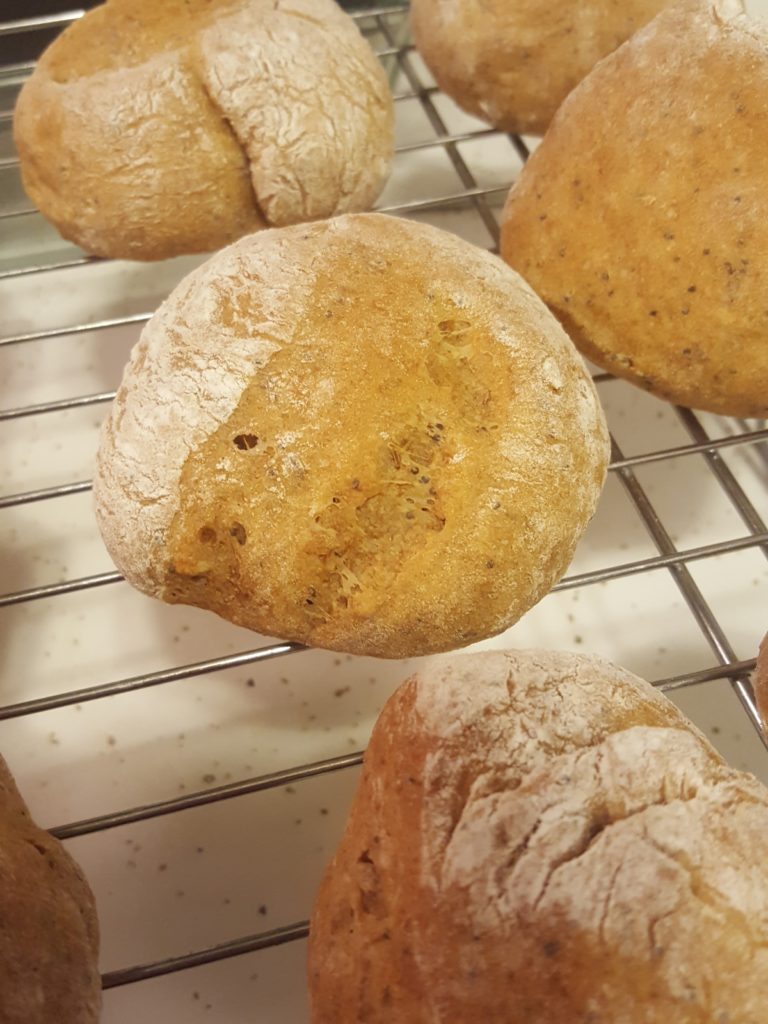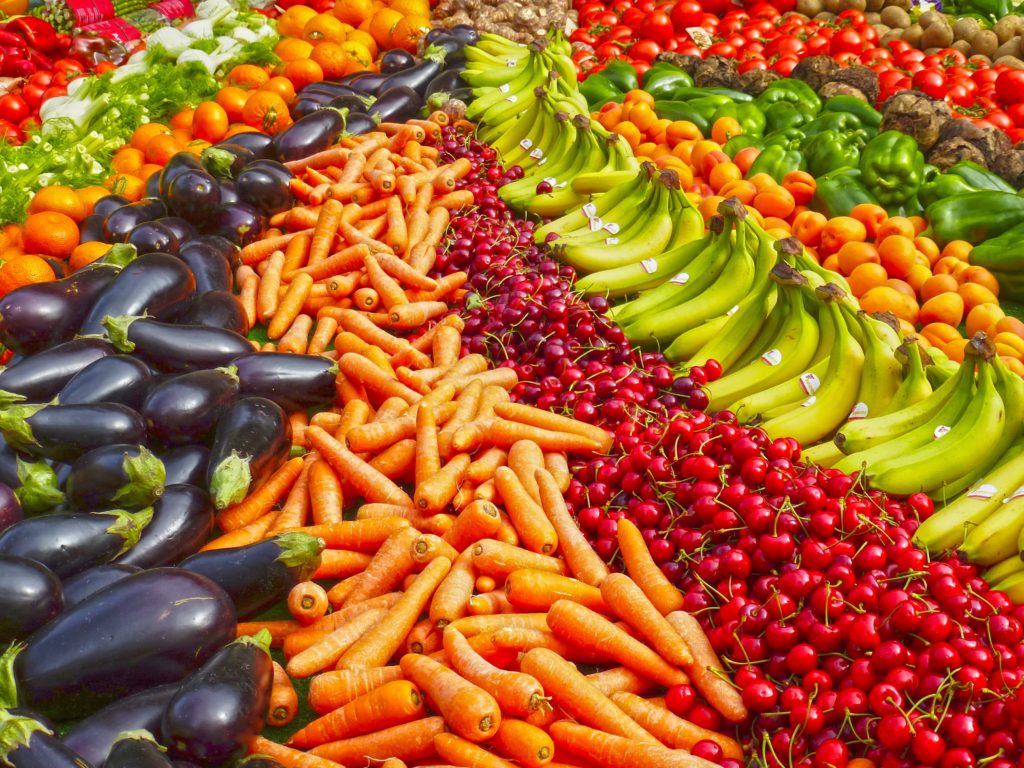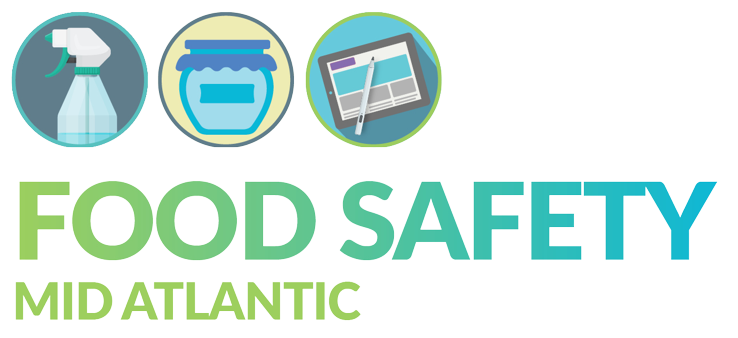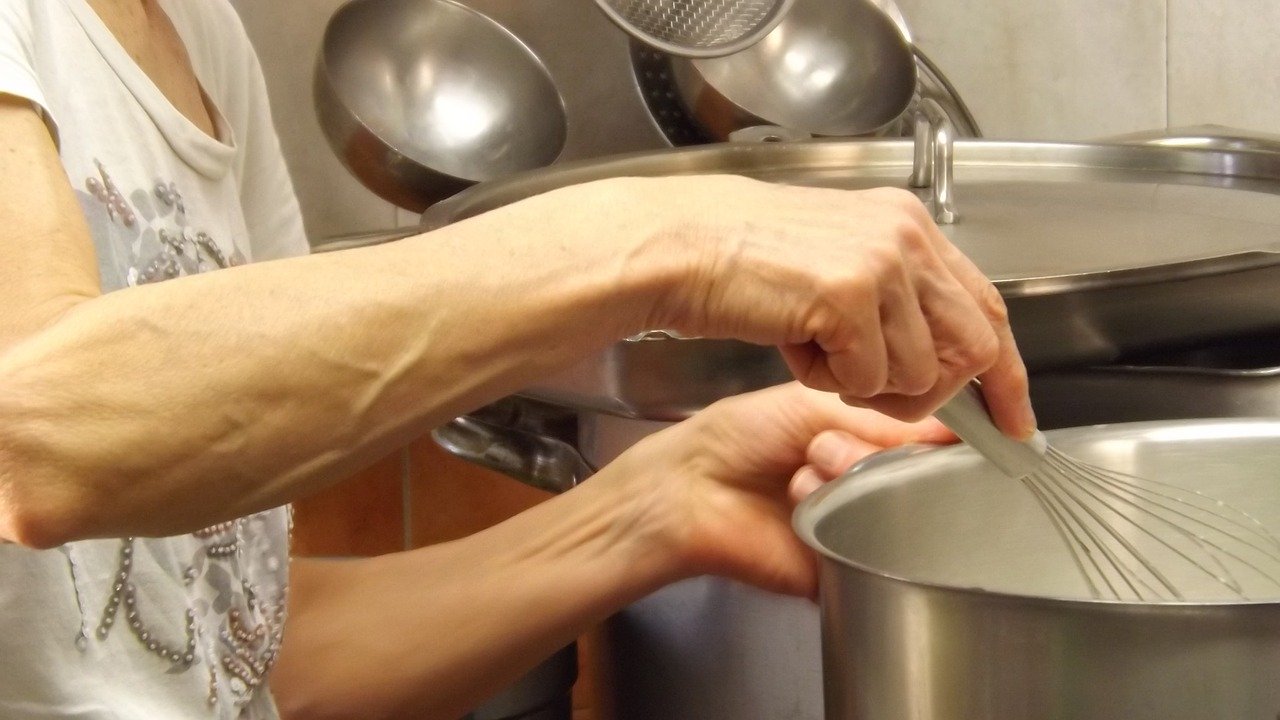Do you like to eat?
Would you eat something that looked or tasted unappetizing?
Do you want the food you eat to not make you ill?
Do you eat food for its nutritional value?
Do you want food you buy to last a few days before it goes off?
These are four reasons I can think of why food should be processed. In a more formal terminology, the reasons food is processed are:
- To make food palatable/food quality
- To make food safe
- To extend the shelf-life
- To improve nutrient availability

This list is not mutually exclusive. For example when we bake bread we are processing the flour and other ingredients to make it taste better at the same time by heating the bread we are making it safer. When we pasteurize milk, we are making milk safer to drink AND we are extending the shelf-life. If we want to sell food, we have to make sure our food is tasty first and then we can worry about the other three reasons for processing.
We could just eat everything raw. There is a raw food diet. Even then the fruit and vegetables need to be cleaned, chopped, juiced, blended. It also takes a lot more effort to digest the calories and nutrients we need. This might be a good thing during an obesity epidemic. However, unless we are very careful raw food is more likely to have microorganisms, which includes those that cause foodborne illness.

In the next few weeks, I am going to dive deeper into these four reasons and how food is processed to achieve what end result. To help me write for you let me know in the comments if you are processing or manufacturing food and which of the four reasons listed above does your processing method fulfill?
In the meantime, remember that the most important thing you need to know about food processing is to make sure your facility is up to code to process food safely. Unsure if you are up to code, click here to schedule a call

